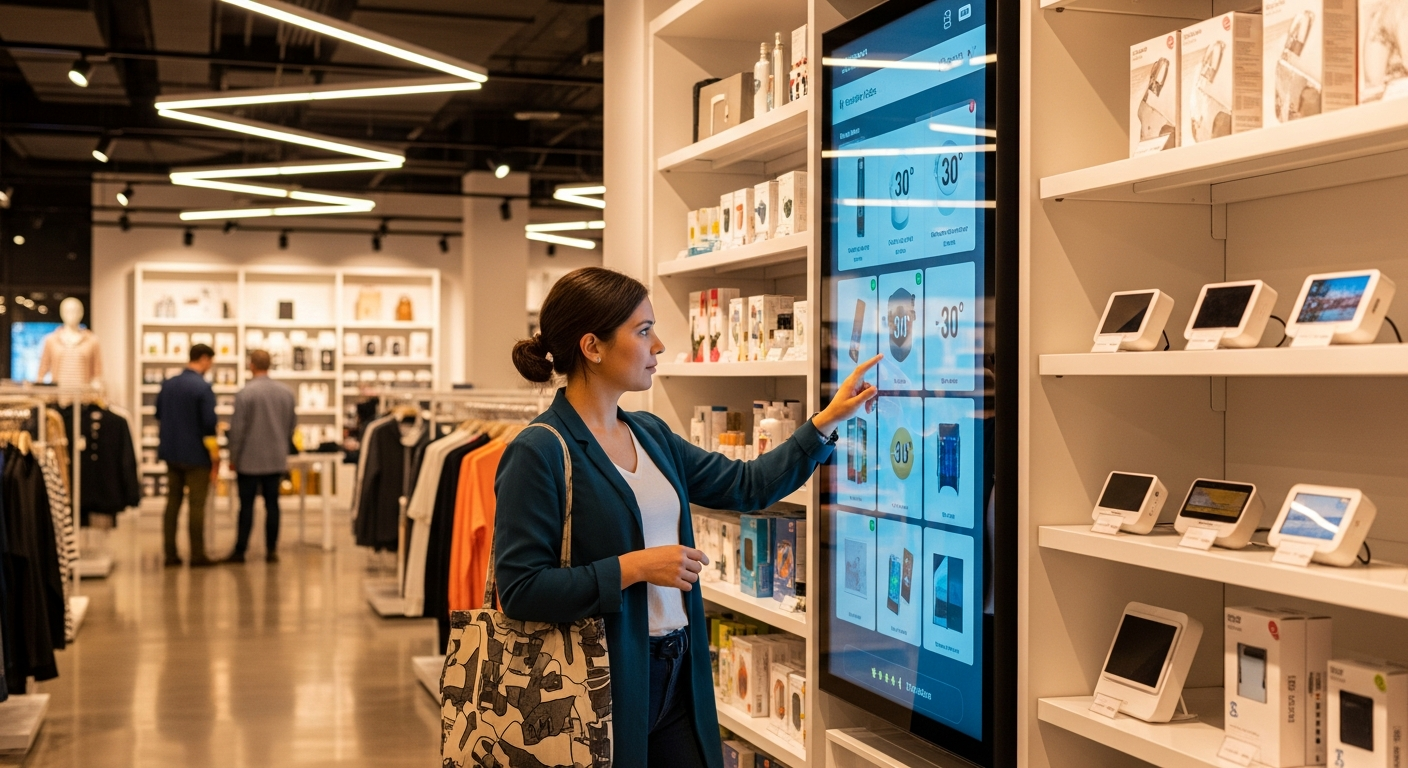The Silent Symphony: Introverts Reshaping Workplace Dynamics
In a world that often celebrates extroversion, a quiet revolution is unfolding. Introverts, long misunderstood and undervalued, are reshaping workplace dynamics in profound ways. From open-plan offices to collaborative projects, the professional landscape is evolving to harness the unique strengths of these contemplative individuals. Read below to explore how introverts are silently transforming the modern workplace and redefining success in the 21st century.

The Misunderstood Minority: Debunking Introvert Myths
Introverts have long been mischaracterized as shy, antisocial, or lacking in ambition. In reality, introversion is a personality trait characterized by a preference for less stimulating environments and a need for solitude to recharge. Recent research in personality psychology has shed light on the neurobiological differences between introverts and extroverts, revealing that introverts process information more deeply and are often more sensitive to external stimuli. This heightened sensitivity can translate into valuable workplace skills, such as careful decision-making, empathetic listening, and insightful problem-solving.
The Introvert Advantage: Unique Strengths in the Modern Workplace
As the nature of work evolves in the digital age, the strengths typically associated with introversion are becoming increasingly valuable. Introverts often excel in areas that require deep focus, analytical thinking, and creative problem-solving. Their ability to work independently and maintain concentration in distracting environments makes them well-suited for roles in research, writing, programming, and strategic planning. Moreover, introverts’ tendency to think before speaking can lead to more thoughtful contributions in meetings and more thorough written communications, enhancing the overall quality of team outputs.
Redesigning Workspaces: From Open Plans to Flexible Environments
The rise of open-plan offices in the late 20th century posed significant challenges for introverts, who often struggle with constant noise and interruptions. However, as awareness of diverse working styles grows, companies are reimagining their physical spaces to accommodate both introverted and extroverted employees. This shift includes the introduction of quiet zones, private workstations, and bookable meeting pods. Some forward-thinking organizations are embracing activity-based working, where employees can choose from a variety of spaces depending on their task and mood. This flexible approach not only boosts productivity but also promotes inclusivity and employee well-being.
The Introvert Leader: A New Paradigm of Power
Traditionally, leadership has been associated with extroverted traits such as charisma and assertiveness. However, a new model of leadership is emerging that recognizes the unique strengths of introverted leaders. Research has shown that introverted leaders often excel in managing proactive teams, as they are more likely to listen to and implement employee ideas. Their reflective nature can lead to more considered decision-making, while their ability to focus deeply on complex problems can drive innovation. Notable introverted leaders like Bill Gates, Warren Buffett, and Mark Zuckerberg demonstrate that quiet strength can be just as impactful as loud charisma in steering organizations to success.
Collaboration Reimagined: Balancing Group Work and Individual Contribution
The emphasis on teamwork and collaboration in modern workplaces can be challenging for introverts, who often prefer to work independently. However, organizations are finding ways to balance collaborative efforts with individual work time. This includes implementing asynchronous communication tools, which allow introverts to process information and contribute at their own pace. Some companies are also adopting structured brainstorming techniques that incorporate individual ideation time, ensuring that introverted team members have the space to formulate their thoughts before group discussions.
The Digital Advantage: Technology as an Introvert’s Ally
The digital transformation of the workplace has, in many ways, leveled the playing field for introverts. Online communication platforms allow for more measured, thoughtful interactions, while remote work options provide the flexibility and solitude that many introverts crave. Virtual meetings can be less draining for introverts than face-to-face interactions, and digital collaboration tools enable them to contribute ideas in writing – a format where many introverts excel. As the workplace becomes increasingly digital, introverts are finding new ways to leverage technology to showcase their strengths and build meaningful professional relationships.
Cultivating Introvert-Friendly Cultures: Beyond Surface-Level Changes
Creating truly inclusive workplaces for introverts goes beyond physical and technological adaptations. It requires a fundamental shift in organizational culture and values. Progressive companies are recognizing the need to celebrate diverse working styles and are implementing policies that support introverted employees. This includes offering flexible work arrangements, providing training on personality differences, and reevaluating performance metrics to ensure they don’t unfairly disadvantage introverts. By fostering a culture that values both quiet reflection and vibrant discussion, organizations can tap into the full potential of their diverse workforce.
The Future of Work: A Harmonious Blend of Styles
As the workplace continues to evolve, the integration of introverted and extroverted strengths will be crucial for organizational success. The future of work is not about pitting one personality type against another, but about creating environments where all employees can thrive. This may involve adopting hybrid work models, implementing personality-aware management practices, and fostering a culture of mutual understanding and respect. By embracing the unique contributions of introverts, organizations can unlock new levels of creativity, productivity, and innovation, paving the way for a more inclusive and dynamic professional landscape.






